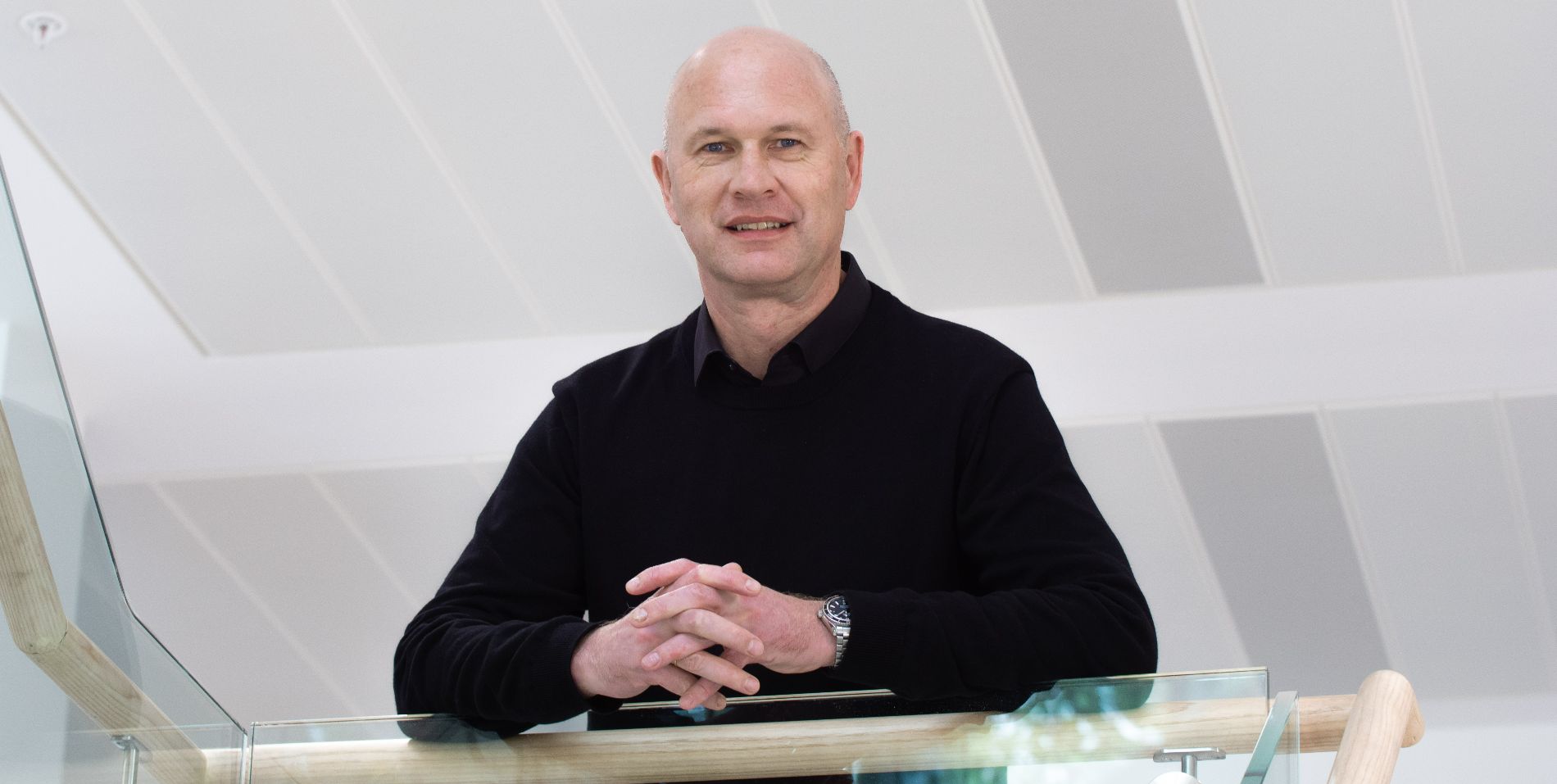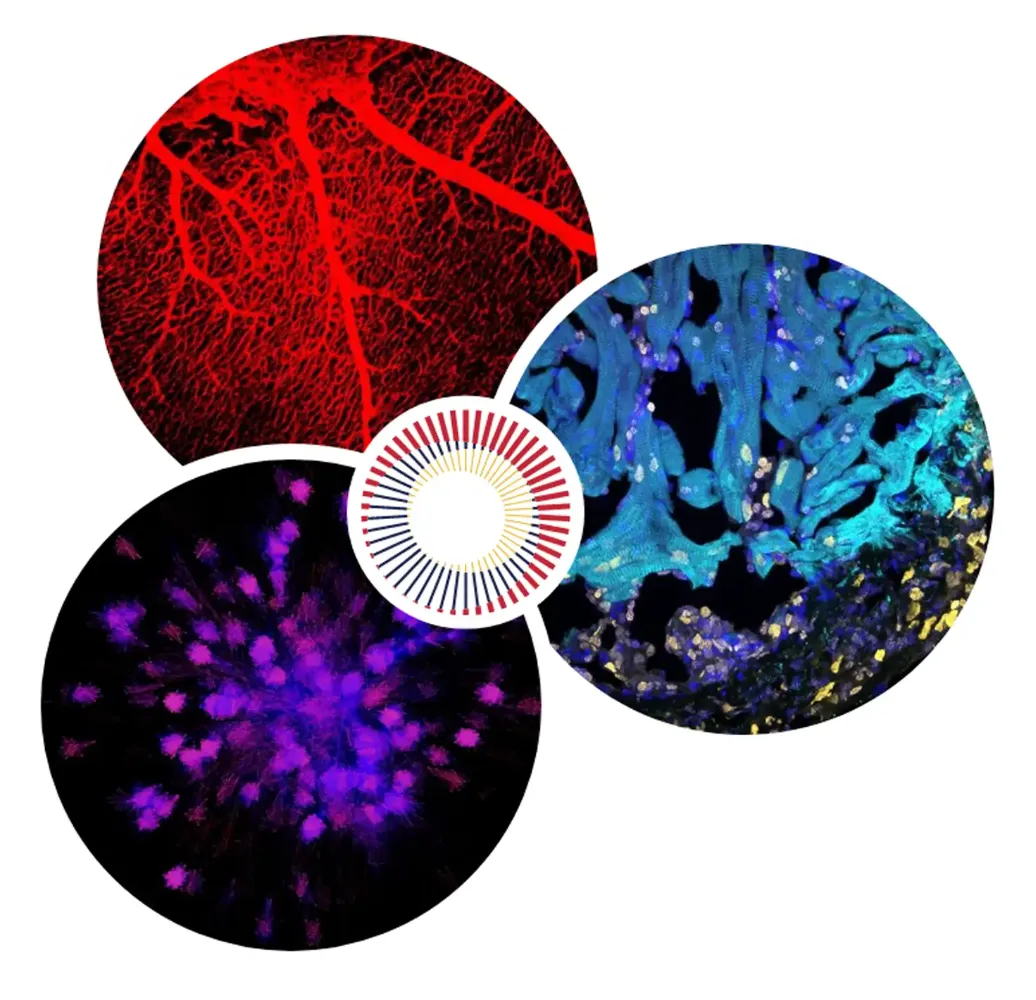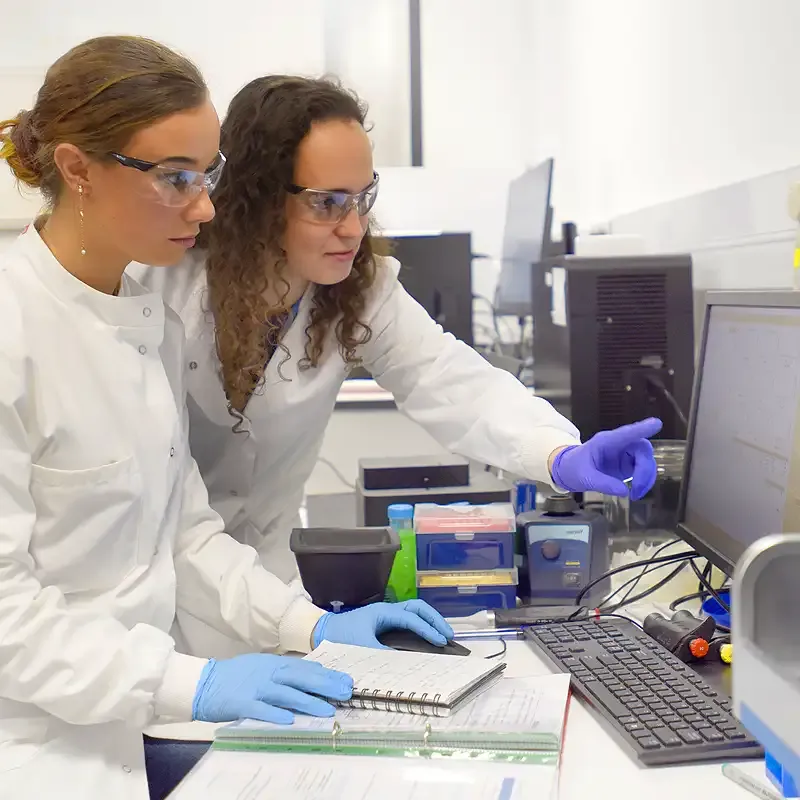
Director's Welcome
Welcome to the Institute of Developmental & Regenerative Medicine (IDRM). The IDRM is a bold new strategic initiative within the Medical Sciences Division here at the University of Oxford, which will transform the local, national and international landscape in regenerative medicine. It is an honour to be the first Director and I am indebted to major donors including the Tetsuya Nakamura Memorial Foundation and the British Heart Foundation, and to senior colleagues at the University for bringing the new Institute to fruition.
Our philosophy is simple, we seek to understand how tissues and organs are formed during normal development to inform on strategies to repair and regenerate the same tissues and organs when injured or diseased. Our mission is to establish world-leading interdisciplinary research programmes, across cardiovascular science, neuroscience and immunology; culminating in new treatments for birth defects and acquired disease.
To achieve this, we aim to foster a collegiate environment that promotes scientific collaboration and broadens horizons across disciplines. We will encourage our trainees, students and post-docs, to establish their own networks and assist them in thinking creatively and outside-of-the-box. We especially wish to promote early career researchers, and provide mentoring and support for career progression; embracing diversity, equality and inclusion to nurture scientific talent from across all of society.
Coupled to this is our strong commitment to engage the public with respect to the work we are doing and to inform the local community on progress and new developments. We are especially keen to outreach to local schools and colleges and have an open-door policy for organised visits to the Institute.


The IDRM’s IMS-Tetsuya Nakamura Building ensures expertise in developmental biology and regenerative medicine across Oxford is housed under one roof and provides an invaluable opportunity to both promote from within and recruit from outside, thus building the critical mass of expertise to achieve our research and clinical goals. We are blessed with outstanding, fully inclusive research facilities and tremendous operational support staff to underpin our scientific programmes.
Regenerative medicine is very challenging, and there have been few clinical success stories to date. We believe the IDRM is poised to deliver significant impact in this space and will facilitate the discovery of new drugs and treatments to tackle some of society’s most debilitating illnesses.
Professor Paul Riley